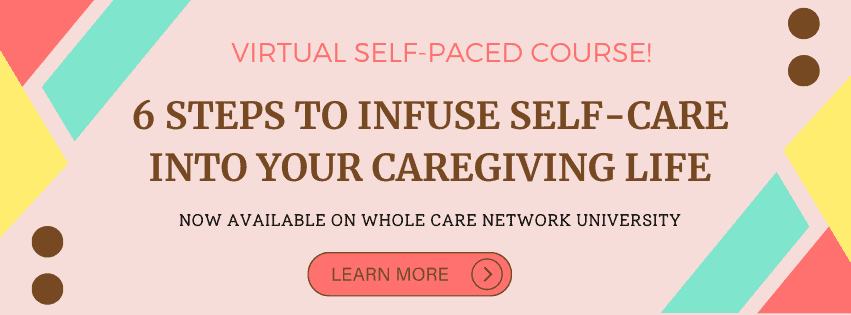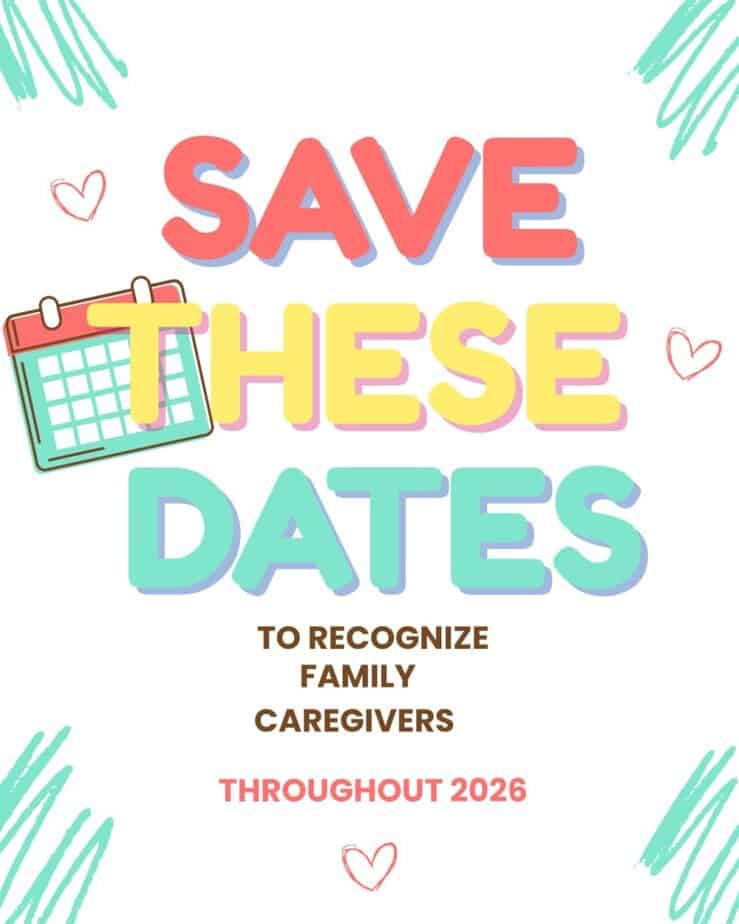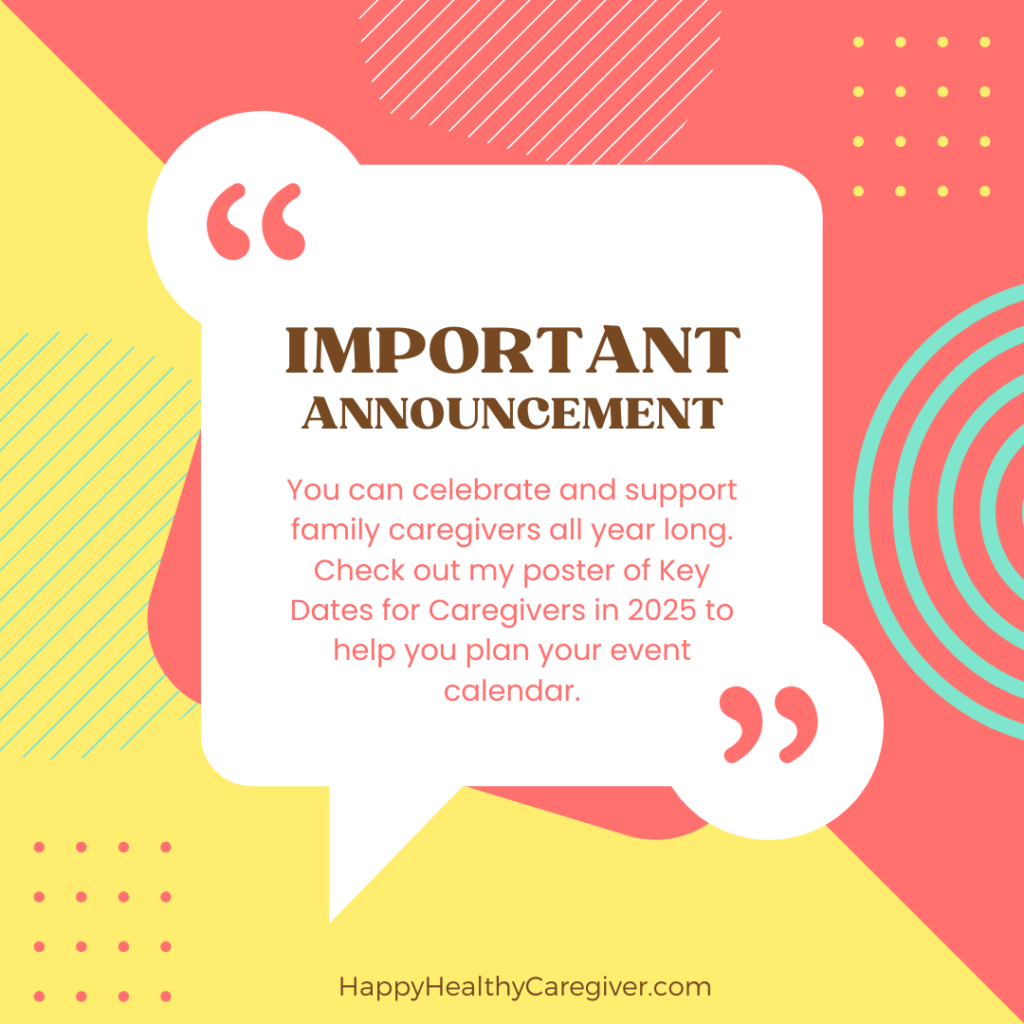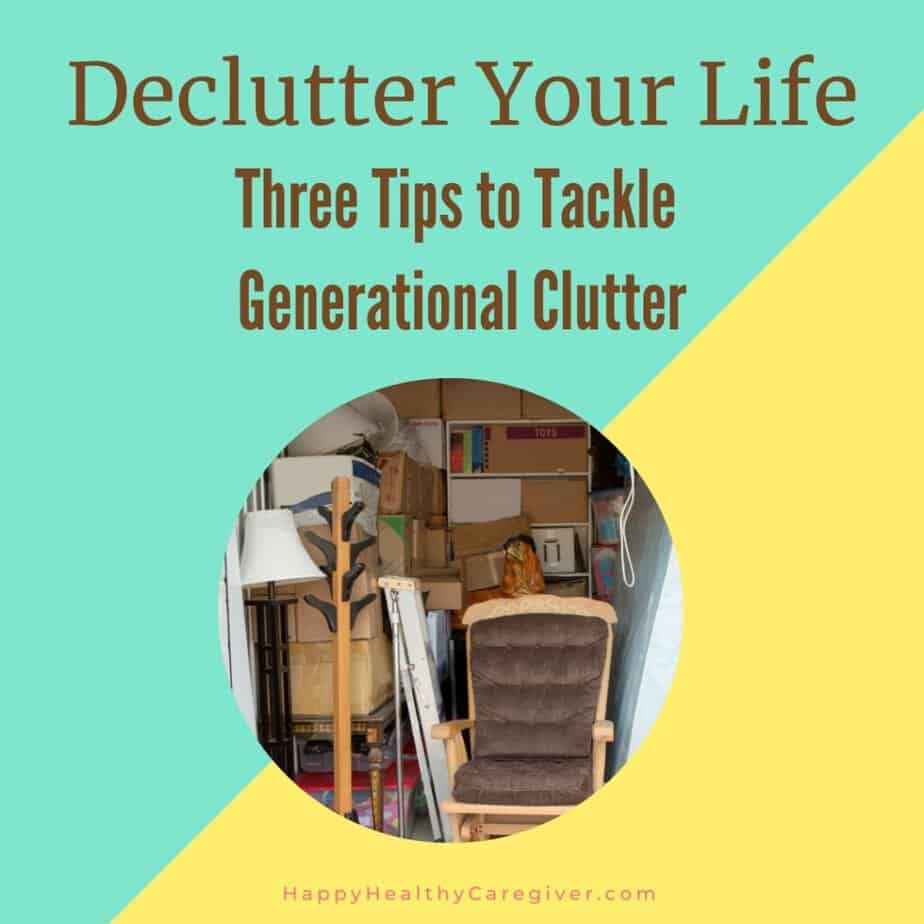My husband Jason and I were late to the viewing party when it came to watching the Ted Lasso series. My extended family has been discussing this popular Apple TV Plus show since season 1 came out in the summer of 2020. Jason and I resisted subscribing to another streaming service until we received a free three-month offer.
Ted Lasso stars Jason Sudeikis as a football coach leading a British soccer team. The show won 11 Emmy Awards, including Outstanding Comedy Series in 2021 and 2022.
Ted Lasso, the main character in Ted Lasso, is well known for sharing life advice in digestible bits. His palatable wisdom focuses on positivity, resilience, and personal growth. Jason and I found ourselves smiling and even quoting Ted Lasso. I overheard my husband on a business call recommending his coworker ‘be a goldfish’ – more on that advice below.
Since my profession is centered around supporting family caregivers and fast-tracking them to resources, I can’t help but watch TV and think about family caregivers. Much of Ted Lasso’s advice relates to our caregiving life. Below are several nuggets I gained from Ted Lasso and how his advice may help you as a family caregiver.
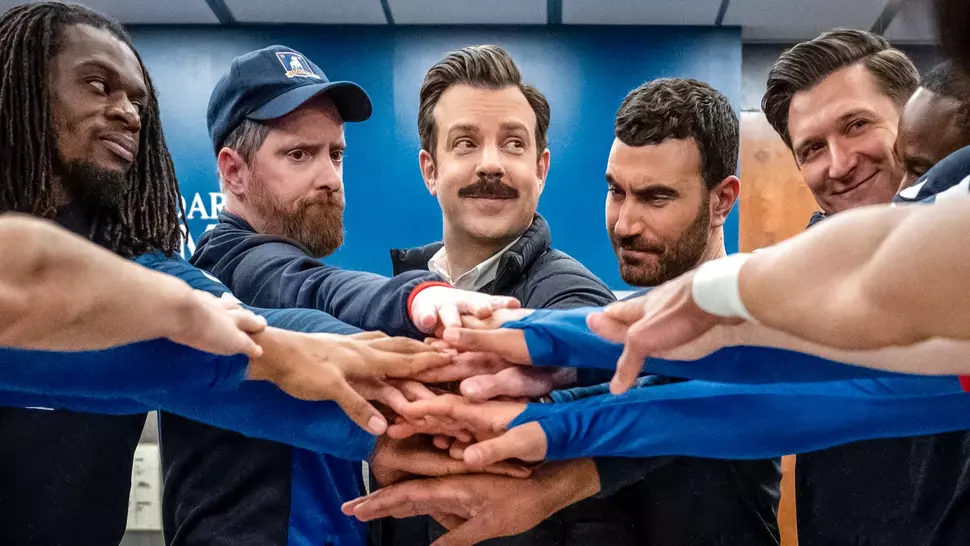
Try New Things
We don’t know if something will work until we try it. As an American, Ted had to learn to try many new things when he moved to the UK. Here’s what Ted had to say about trying hot tea:
So much of caregiving is about trial and error. We are trying out new strategies with our care recipients and trying on new self-care activities for ourselves. Self-care looks different for everyone. In the UK, tea is their cup of tea; for Ted Lasso, not so much. By the way, these scenes around tea will make you laugh out loud! And, if hot tea is for you, check out one of my favorite teapot sets.
Be a Goldfish
In the show, Ted Lasso, the coach of the AFC Richmond football (soccer) team, says to Sam, one of his players, after a tough personal match:
T-shirts with ‘Be a Goldfish’ are available because this line resonated with viewers. Why? We tend to hold on to the mistakes we and others make. We judge and maybe hold grudges and replay past woes. As family caregivers, we constantly feel like we aren’t enough. What a difference we could feel in our days if we could be a goldfish. The negative self-doubt still surfaces but quickly disappears if we adopt this mindset. We move forward with grace and optimism.
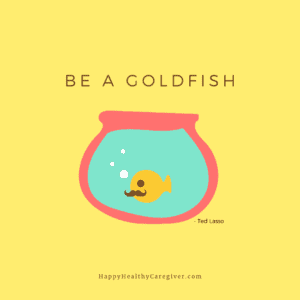
Say No More Often
In caregiving, we talk about establishing boundaries. Boundaries are necessary for our well-being and help us mitigate caregiver burnout. Caregiving is a partnership that requires our relationships to be respectful, supportive, and caring. Boundaries give us general guidelines to protect our physical and emotional energy reserves. Here’s what Ted infers about boundaries:
I believe Ted conveys that highly successful individuals can prioritize and focus on what truly matters to them. His quote suggests that successful people may take on many opportunities and commitments. Still, extraordinary or very successful people are more selective about where they invest their resources, time, and energy. Perhaps he’s emphasizing how boundaries and strategic choices guide us toward a more straightforward path of life fulfillment.
No is a complete sentence. It’s our right to decline a task or an invite or be exposed to behavior that compromises our values. One of my quick filters to determine if something is worth my time and energy is to ask myself if *this* is a hell yeah. If not, it’s a no.
Resilience Changes Us
Besides Ted, one of our favorite characters in this TV show is Roy Kent. Roy is a seasoned team member coping with being beyond his athletic prime. He loves to use the f-word and uses the exclamation ‘Oi’ a lot! The way Ted treats and talks to Roy reminds me of how we may talk to an older adult struggling with losing their independence and needing more help or ideas on what life looks like ahead. In a vulnerable conversation with Roy, Ted says:
I think Ted is trying to convey to Roy a message of persistence, personal growth, and resilience. Challenges and setbacks are a normal part of life. Life is messy! The hard part is about continuing to keep getting up and pushing forward after each failure, disappointment, or extremely tough day. Family caregivers do this every day. They show up over and over again.
Eventually, the novice family caregiver gets good at their role. With consistent effort, resilience, and support from others, one can reach a point where the struggles and obstacles become less intimidating. Over time, we become experts in family caregiving and caring for our care recipients. As my friend Colleen said, we earn our ‘masters in caregiving.’ The challenges that once seemed impossible become more manageable, and overcoming them becomes a part of one’s character…forever.
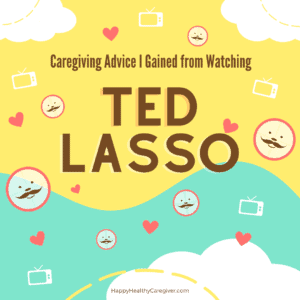
Seeking Joy in the Day-to-Day
I’m a goal-setter, and I am a joy seeker. I believe two things can coexist. I believe we can be fantastic family caregivers to our care recipients and live happy and healthy lives.
Success in family caregiving is challenging to define. We are charged as family caregivers to help maintain or improve someone’s health. Sometimes for incurable, progressive, or chronic diseases. We commit to keeping our care recipients safe. We wish for our care recipient’s happiness. Our to-do lists are never-ending. Early on in my caregiving journey, I felt extreme anxiety when my to-do list from one day bled into another. I initially defined success by what I could accomplish or produce daily until I realized my worth or definition of success wasn’t about what I could cross off my list.
In one of the Ted Lasso episodes, Ted tells his football club owner, Rebecca:
I think Ted is expressing that the journey and the process of pursuing a goal are just as, if not more, important than the outcome. Experiences, challenges, personal growth, and relationships formed along the way are valuable contributors to success.
Adapting Ted’s perspective to caregiving means we value the entire care experience. We find creative ways to enjoy the season of care and seek joy in the day-to-day tasks. One Happy Healthy Caregiver podcast guest, Patti LaFleur, epitomized this philosophy while caring for her mom, Linda. There is no caregiving without the human element. Relationships are not things that can be checked off. We are not defined by what we accomplish but rather by how we choose to show up for ourselves and others. Perhaps by adopting this perspective, we will find that when caregiving ends, we will have fewer regrets and look back on the caregiving experience as something that profoundly changed us.
You may want to infuse some joy into your day-to-day by streaming the Ted Lasso show. There are several ways to get a free trial for Apple TV Plus to see if the show is for you. Let me know if you extract other caregiving wisdom from coach Ted Lasso.

